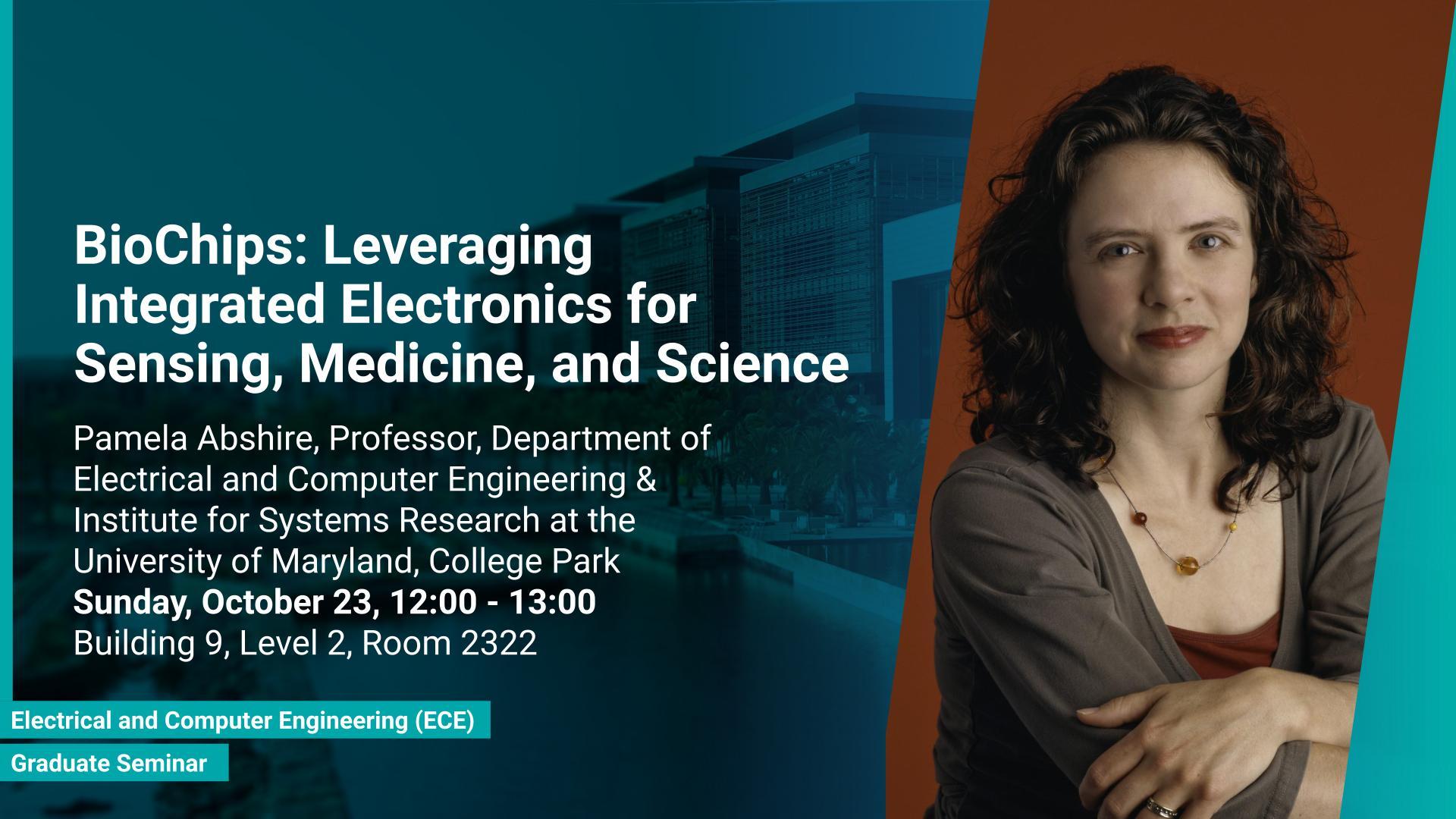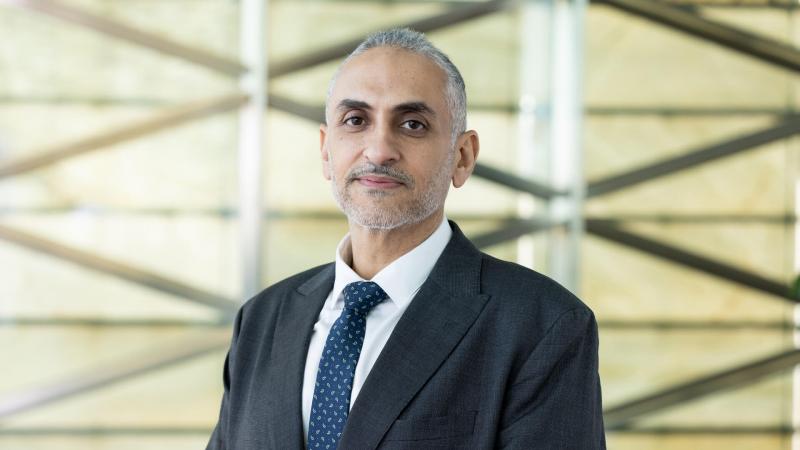Abstract
One of the great successes of microelectronics in the last few decades a has been the increasing miniaturization and integration of information technology, which produces a steady stream of new applications, new innovations, and new products. An emerging research area that leverages information technology advances for new applications is lab-on-CMOS (LoCMOS) systems, highly integrated, multiphysics microsystems that place instrumentation in intimate contact with sensing and actuation capabilities. This talk will provide a brief overview of LoCMOS systems, the technologies used to construct them, and their application to novel applications in biosensing, medical diagnostics, and neuroscience. The integration of integrated circuits into LoCMOS devices poses a number of distinct and vexing challenges, increasing complexity while reducing the need for external instrumentation. This leads to microsystems with significantly smaller size and also the potential for completely novel measurements that cannot be performed using traditional approaches. This talk will describe three innovative biochip projects: 1) a capacitance imager that provides unprecedented spatial and temporal resolution for measurements of the surface attachment of living cultured cells; 2) a biohybrid olfactory sensor that monitors the responses of living cells to detect odors; and 3) an instrumented environment for cultured neurons to study the properties and plasticity of neuronal computation. By establishing dense and information-rich interfaces with biological systems, biochips offer the potential to introduce significant and disruptive changes in sensing capabilities, healthcare diagnosis and delivery, and scientific understanding of neuronal computation in the near future.
Brief Biography
Pamela Abshire is a Professor in the Department of Electrical and Computer Engineering and the Institute for Systems Research at the University of Maryland, College Park. She received the BS in physics from CalTech in 1992, and the MS and PhD in electrical and computer engineering from Johns Hopkins in 1997 and 2002. She is internationally known for her work in low power mixed-signal integrated circuits (IC), adaptive ICs and IC sensors, and CMOS biosensors. Her research focuses on better understanding and exploiting the tradeoffs between performance and resources in natural and engineered systems, including hybrid devices incorporating CMOS, MEMS, optoelectronics, microfluidics, and biological components. Her honors include an NSF CAREER award (2003), elevation to IEEE Fellow (2018) for contributions to CMOS biosensors, and recognition as a Distinguished Scholar-Teacher at the University of Maryland (2021). She previously served on the Emerging Technologies and Research Advisory Committee for the U.S. Department of Commerce (2008-2018), on the Board of Governors for the IEEE Circuits and Systems Society (2013-2018), the IEEE Fellow Committee (2019-2021), and as General Co-Chair for the 2017 IEEE International Symposium on Circuits and Systems. She currently serves on the Microsystems Exploratory Council for the DARPA Microsystem Technology Office and as General Co-Chair for the IEEE International Midwest Symposium on Circuits and Systems 2023.

